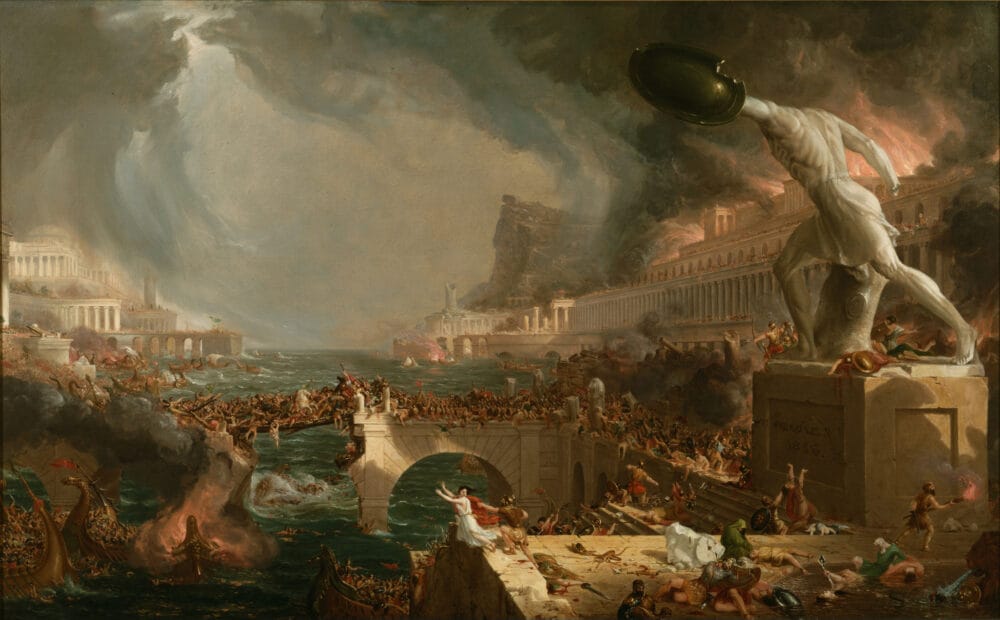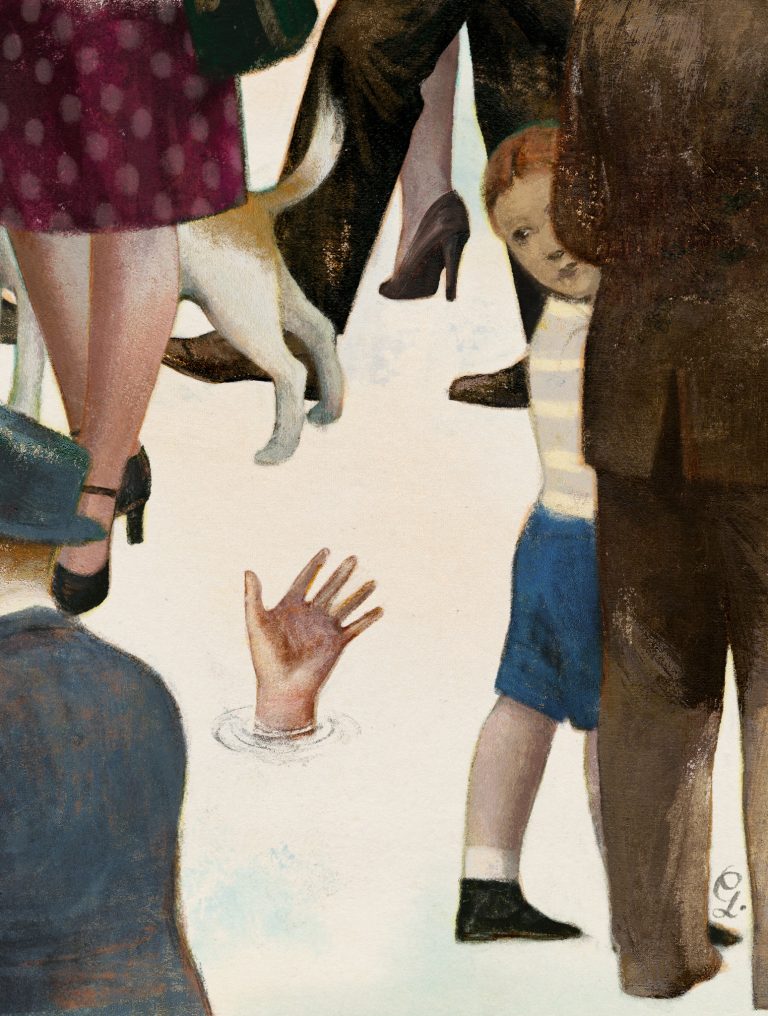The past of us—humans—is lengthy, filled with an eclectic tapestry of culture, art, war, folk tales, inventions, ideas, movements, and prophetic individuals. While many of the events, transgressions, and dialogues (philosophical) have in fact transpired, as textual evidence has shed light, others, like the many myths surrounding contemporary festivals and the lores reverberated as children’s bedtime stories, have not subsided over an extended period of time, yet neither have they been fruitfully substantiated. Interestingly, In the recent past there has been a peculiar trend, especially in the information age, and inevitably coupled with a political undertone, (not to castigate religious fervor), however, myths are posed as actuality.
After all, I have always (since my early formative years) been intrigued by history, and especially the mystery that clouds most, if not all, of what took place—a spark of unknown. For instance, who were the barbarians that ransacked the mighty ancient city of Rome? The complexity behind the fall of the once colossal Babylon, or even the very popular ambiguities surrounding the Jesus of Nazareth; beyond everything, doubts even percolate over the authenticity of the Bible in its current form—as some may echo, is the text transcribed in a manner to, in essence, to skew greater reverence towards certain apostles and disregard others?
There are as many examples as one can seek. That being said, unbeknownst to none, there certainly is a limit to the extent one can write, especially just vis-à-vis a singular individual’s anecdotal evidence—and yes, there is a degree of glorifying the many conquests that, at this juncture, presumably be classified as inculcating a fascist undertone. Take, for example, the “voyages” of the Macedonians: would Alexander be pronounced as “the Great” in this day and age? Apart from expanding his footprint, predictably there were a multitude of ramifications (LINK to the nitty-gritty minutiae: https://aithor.com/essay-examples/political-and-cultural-impact-of-alexander-the-greats-conquests-essay) that can be attributed to his expansionist endeavor, or in today’s vernacular, a word uttered at great lengths: IMPERIALISM.
So, the question that stands is, do we have the prerogative to contextualize the past on the basis of the moral convictions that we adhere to in the current times? With all the nuances that exist, such practices of reappropriating the past do not only disregard the actuality; rather, they also pay no heed to the crux of what history is: who we were, what we did, and what the consequences were. Most importantly, our political lens, in no sense whatsoever, should be worn in perpetuity. As it only results in conforming our reality. Even more pertinent, such exercises deviate our understanding and direct our mental processes to view the past not as an overarching corrective but as yet again the tribal camps of right and wrong.
At its core, needless to say, these practices have a lot of adverse effects, like not having even an ounce of intellectual reasoning, but still, they further the doctrine of simplification, or, in other words, in tandem, the infantilization of language and colloquialization of a phenomenon. Henceforth, I would like to stress that, reminiscent of the aforementioned instance, just as terminologies (LINK to the glossary of words and phrases: the left-wing, https://www.menshealth.com/uk/mental-strength/a38051454/do-you-speak-woke-a-glossary-of-the-terms-you-need-to-know/; the right-wing, https://russjackson.medium.com/a-glossary-of-right-wing-terms-and-phrases-3c06b977fb44) are ideologically being propelled, it is a travesty that such malpractices are enabling the doctoring of our past—history—is being both colloquialized and infantilized, and also simultaneously, fakery is being feigned as actual historical events. To thrust upon another terminology: REVISIONIST, as they are known, have amassed a grander mantle in shapeshifting the yesteryear.
Certainly, it is uncalled-for to mention the countless instances of when individuals from differing facets of society have peddled their own interpretation of the past; at times such views are part and parcel of the ruling ethos, and at other times they are considered a fringe. However, the dictum of “standing on the right side of history” exudes a hubris, which in essence promulgates that the ones who have succeeded have earned salvation, and the misfortunate have paid the price of their sin.
Substantiating the past—history—for actions taken at the moment broadly entrenches moral certainty; yet, as I alluded to previously, intrinsic in this proclamation is hubris, which gives a false pretense of moral certainty.
Max Weber finely captures this dilemma: “He who seeks the salvation of the soul should not seek it through politics.”
That is to say, with the transgression, policy decisions, and logical deductions that we witness at this stage, it bends the moral arc of the universe to an even grander magnitude; not towards justice, however, it leads to our collective actions that hinder efforts of actualizing moral purity and virtue—may it be religious or secular.
In the pursuit of piecemeal progress, we have not only misremembered the past but also masqueraded it too. Reshaping it through the narrow lens of ideology, moral certainty, and ultimately the craving greed to dominate that lies deep in the human mind.
Perhaps, not to say the least, the warning of the current disposition was timeless.
“Those who are demonic do not know what is to be done and what is not to be done. Neither purity, nor truth, nor proper conduct is found in them.”
— Bhagavad Gītā 16.7
We have withered away into the abyss what is ought to be done, and what should be.
As a result, in the end, history will not condemn us, as it is just a remnant from the past, nor will ideology come to our disposal. Therefore, it is our wisdom, virtue, moral clarity, and, at best, the ability to reason about the common good that will guarantee that everyone avails themselves of the magnificence of a bright, shining new day.
“So in everything, do to others what you would have them do to you, for this sums up the Law and the Prophets.” — Matthew 7:12 (NIV)






